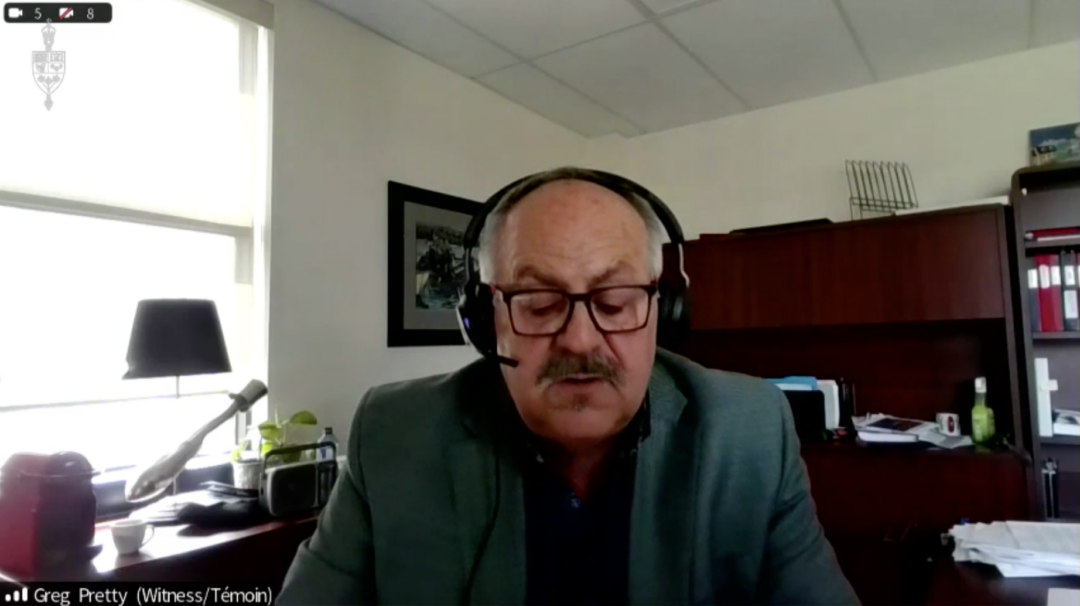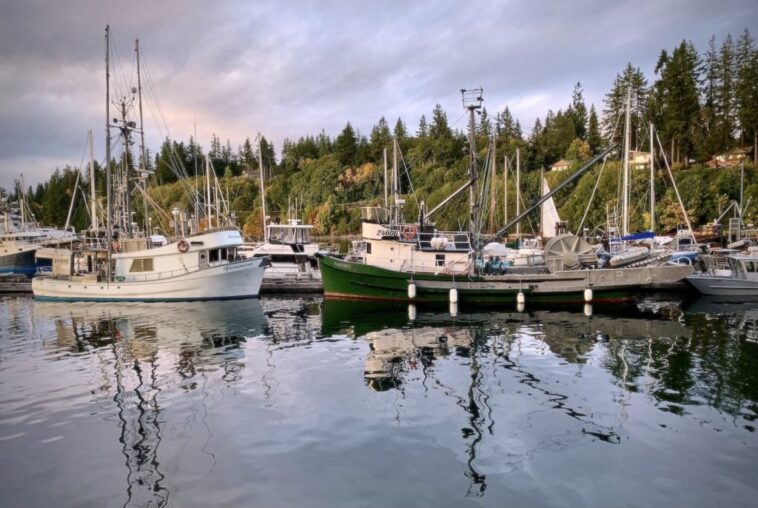The West Coast fishing industry finds itself in increasingly troubled waters, according to a recent report from the Standing Committee on Fisheries and Oceans (FOPO). The parliamentary committee says unfair regulations and a lack of federal intervention have led to an uneven playing field for BC fishers.
Unlike the Maritime provinces, where regulations limit corporate control and prioritize independent harvesters, there are no restrictions on ownership of commercial licenses and quotas on BC’s coast. As a result, owner-operators are often shut out of the process, jeopardizing their ability to make a sustainable living.
“Fisheries are the fabric of our coastal communities, and they have been particularly in Indigenous communities for 10 to 15,000 years. Fish in the water are the birthright of all Canadians,” Sonia Strobel, CEO of Skipper Otto Community Supported Fishery, told us in an interview.
Unlike in BC, she said, the Maritime provinces have a strong history of workers and worker unions who have been a powerful voter base to enshrine harvesters’ right to fish. “In BC, the history of corporate consolidation on this coast has been much more entrenched for a lot longer … and corporations [have been] lobbying the federal government for policies that will benefit them,” Strobel explained.
“This wholesale selling of the access of our fish in our waters to corporate and foreign interests is not in the interest of Canadians, and it’s something that all Canadians should be worried about.”
Sonia Strobel, CEO of Skipper Otto Community Supported Fishery

She testified to the parliamentary committee, alongside other harvesters, First Nations, and industry experts, and argued the inequities of the current leasing system make it very difficult for independent harvesters to continue to make a living in the industry.
“Every day that goes by without a ‘made in BC’ policy that protects community-based harvesters, we’re losing opportunities that will never get back because those licenses and quotas are being bought up by big foreign corporate entities. It’s incredibly frustrating to watch that happen.”
Sonia Strobel, CEO of Skipper Otto Community Supported Fishery
“This wholesale selling of the access of our fish in our waters to corporate and foreign interests is not in the interest of Canadians, and it’s something that all Canadians should be worried about,” Strobel said.
FOPO’s recommendations to Fisheries and Oceans Canada (DFO) include a “boots on deck” policy for those getting fishing licenses or quotas – meaning owners should be in the boat themselves. “The Committee believes that the resources in Canada’s oceans should benefit first and foremost the Canadian coastal communities that depend on them,” the report concluded.
“Skipper Otto is focused on protecting the small-scale community-based fishing way of life,” Strobel said. “Every day that goes by without a ‘made in BC’ policy that protects community-based harvesters, we’re losing opportunities that will never get back because those licenses and quotas are being bought up by big foreign corporate entities. It’s incredibly frustrating to watch that happen.”
The FOPO committee has called on DFO to increase transparency around commercial licenses and quotas and, within the next seven years, to create a new set of criteria to decide who gets this crucial access to harvesting on the West Coast.
Part of the current problem is the inadequate ownership data collected by the DFO’s voluntary Beneficial Ownership Survey – whereby corporations are not forced to declare their assets.
Further, corporations and investors who might own licenses can lease them to Canadian harvesters to make them the ‘holders’ of licenses or quotas, but they may lock local harvesters in to sell to processors at low prices, putting their livelihoods at risk.
“For young people to get into fishing, those licenses and quotas need to be leased because [they] are owned as investment tools. The rate to lease them is exorbitant, and it’s almost impossible for anyone to make a living fishing,” Strobel explained.

Other report recommendations included increasing financial scrutiny to prevent potential money laundering via selling licenses, vessels or quotas, as well as increased reviews by the Canadian Competition Bureau, safeguarding against undue concentration in the industry.
“Will the future of our fishery be vibrant and sustainable … or will it be controlled by a small handful of companies, processed offshore or internationally, removing the wealth of our sustainable resources from the adjacent communities that depend on them, in order to serve another country’s bottom line?”
Greg Pretty, President of the Fish, Food and Allied Workers Union
“Will the future of our fishery be vibrant and sustainable… or will it be controlled by a small handful of companies, processed offshore or internationally, removing the wealth of our sustainable resources from the adjacent communities that depend on them to serve another country’s bottom line?” said Greg Pretty, President of the Fish, Food and Allied Workers Union, quoted in the report.
Strobel agrees and wants the industry to heed the call of the committee’s report and implement transparency measures immediately. She said the DFO should start fresh with the Beneficial Ownership Survey, making companies declare their ownership of licenses and insist that 100% of owners must respond as a condition of license renewal.
“That would have been such an easy thing to have done in the first place,” she said. She also thinks “putting a stop to any further foreign ownership of British Columbia licenses and quotas until further investigation can be done would be so critical because it feels like we’re just hemorrhaging access.”
“We’re hearing stories every single day of the access being sold offshore. We won’t be able to get that back as it disappears,” Strobel said.




